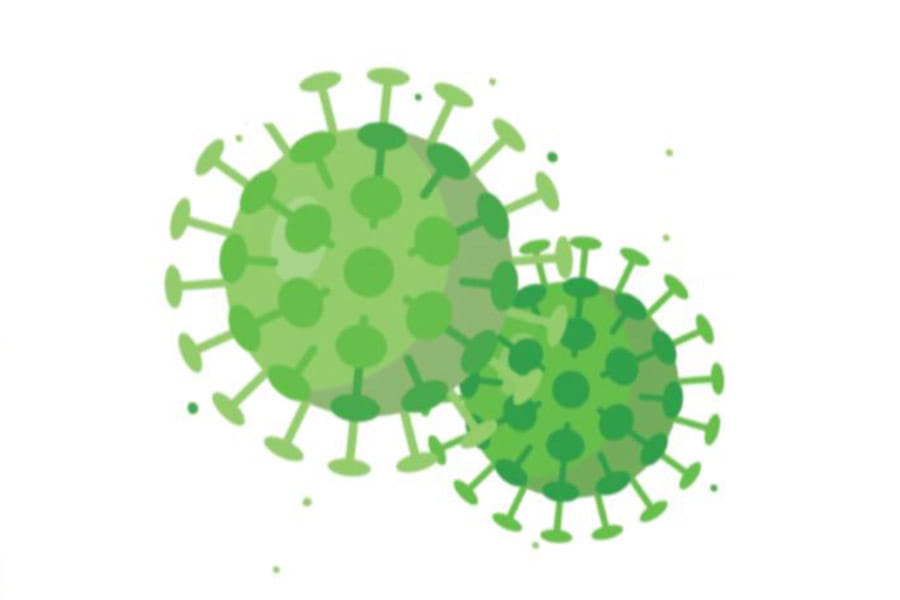24. 9. 2021
COVID vaccination and infertility treatment

Experts from the Czech Vaccinological Society of the Czech Medical Association JEP and the Czech Gynecological and Obstetrical Society agree that vaccination of pregnant women is appropriate. They also recommend it to breastfeeding mothers, whereupon the antibodies enter breast milk and thus protect the newborn.
In relation to the treatment of infertility, vaccination should be given before starting treatment, especially in women with chronic diseases. Pregnancy in itself is a risk factor for the complicated course of COVID.
In general, so-called inanimate vaccines, in this case mRNA vaccines from Pfizer / BioNTech and Moderna, are considered safe during pregnancy.
Pregnancy, especially in the third trimester, increases the risk of blood clots, so vaccines from AstraZeneca and Johnson & Johnson, Vaxzevria and Janssen, in which rare cases of blood clots have been reported, are not suitable.
There is absolutely no evidence and no theoretical reason that any of the vaccines could affect female or male fertility. Animal studies do not indicate direct or indirect harmful effects with respect to reproductive toxicity.
Covid vaccines do not contain ingredients that are known to be harmful to pregnant women or the developing child.
Today, more than one billion people have been vaccinated, and so there were many women who did not know about their pregnancy or became pregnant shortly after vaccination. Although no signs of complications have been reported in the vaccination of pregnant women, a prudent approach remains appropriate.
The first 12 weeks are most risky for the development of pregnancy, so it is advisable to plan infertility treatment only one month after the second dose of vaccination. In case of a more pronounced reaction to vaccination, a longer interval may be considered.
It is not appropriate to undergo vaccination during ovarian stimulation, before egg collection and before embryo transfer, as well as in preparation for cryoembryotransfer, or immediately after embryo transfer.
If these recommendations are followed, there is no reason to worry about the potential negative impact of vaccination on the planned outcome - the birth of a healthy child.

